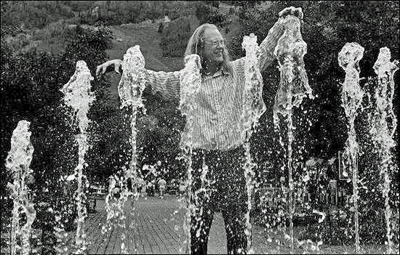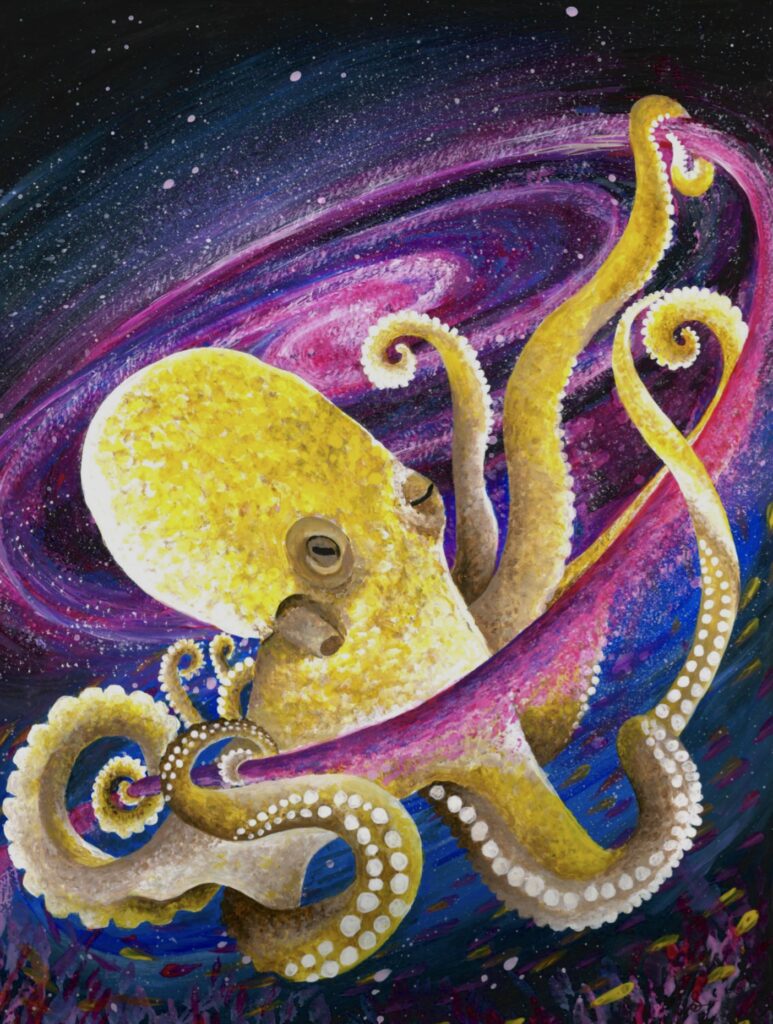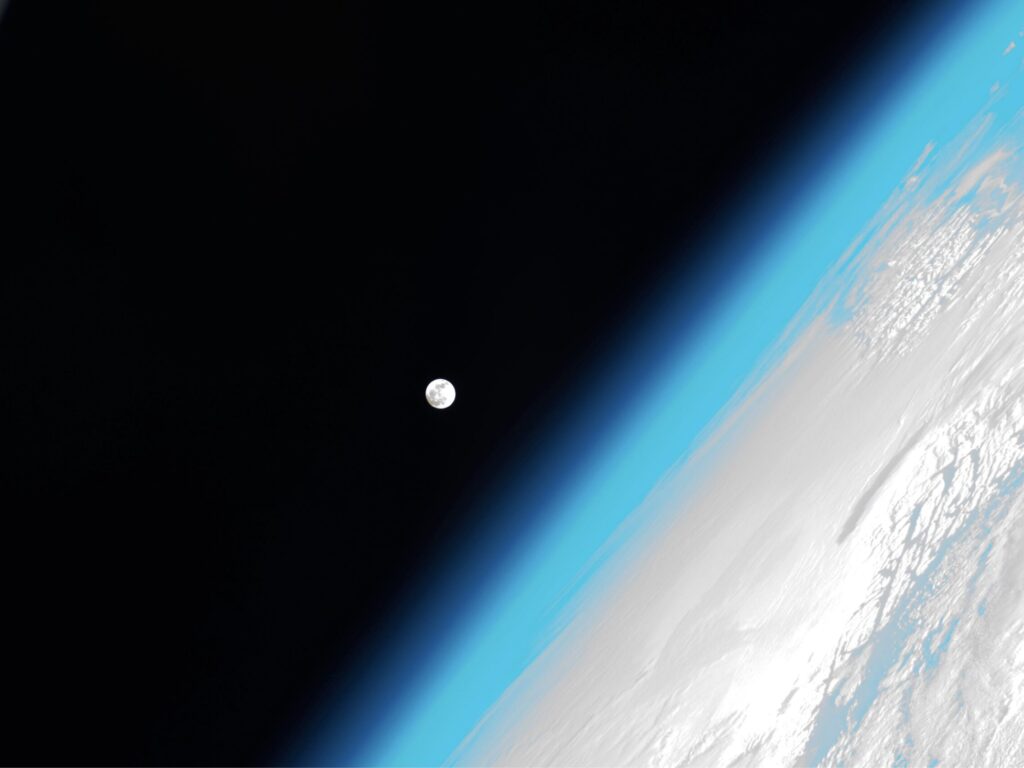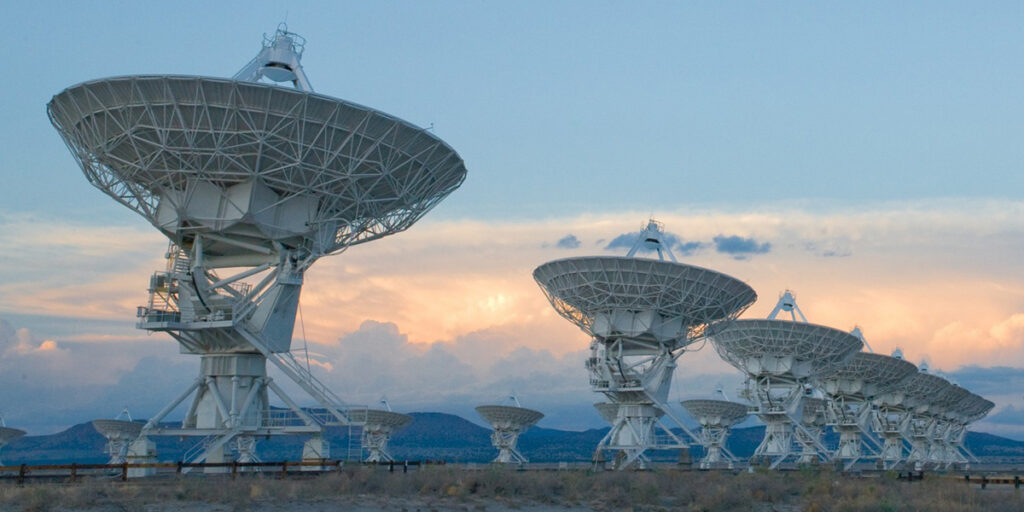
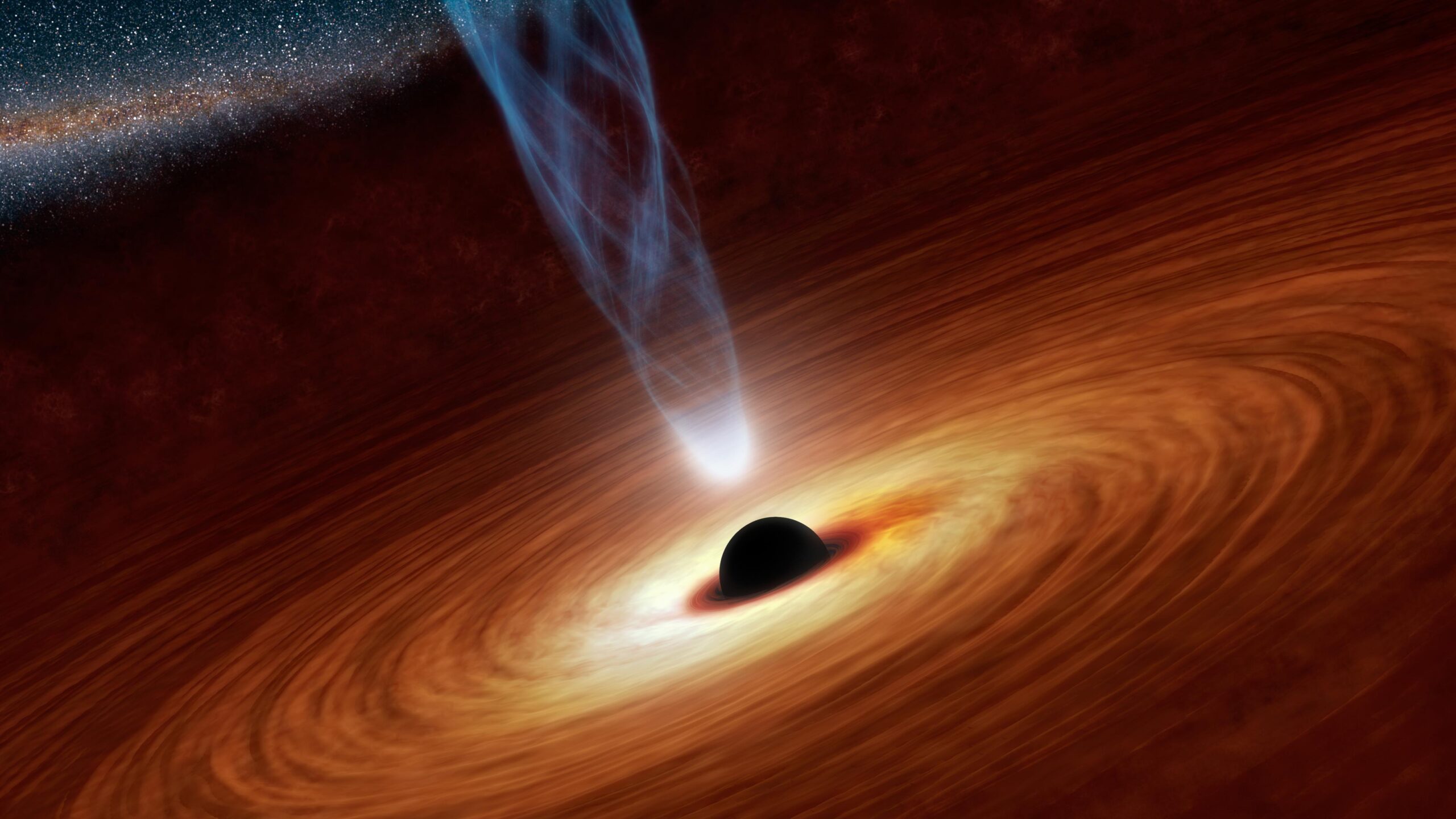
Public Lecture
Black Holes in the Spotlight
Suvi Gezari
Space Telescope Science Institute
Wed, Mar 8, 5:30–6:30pm
Abstract
Supermassive black holes are mysterious and powerful phenomena of extreme gravity that lurk in the centers of almost all galaxies, including our own Milky Way. We cannot detect light directly from a black hole: its gravitational pull is so strong in its vicinity that even light cannot escape it, the region known as the event horizon of a black hole. However, astronomers have made exciting advances in our ability to study supermassive black holes indirectly, either from witnessing the gravitational pull on stars and gas nearby the black hole, or by observing light emitted by stars and gas in the process of being swallowed by the black hole.
Recently, supermassive black holes have been in the spotlight. In 2020, the Nobel Prize in Physics was awarded for the discovery of the Milky Way’s supermassive black hole through the measurement of stellar orbits in the Galactic Center. In the last few years, the Event Horizon Telescope provided our most direct view yet of a supermassive black hole using a global network of radio telescopes to achieve the extremely high resolution capable of imaging the event horizon of the central black hole in the Milky Way and in the galaxy M87. In the future, we will be able to study the merging of supermassive black holes as galaxies crash into each other over cosmic time by measuring the ripples in space time that they produce known as gravitational waves.
In my talk, I will highlight how we hunt for supermassive black holes by watching them feast on unlucky stars that wander too close-by in the nucleus of a galaxy. I will show the bounty from our hunt using telescopes on the ground and in space that survey the dynamic night sky, and how we plan to use these star-feeding events to probe the demographics of supermassive black holes in galaxy nuclei, and to answer the fundamental question of how they first formed in the Universe.
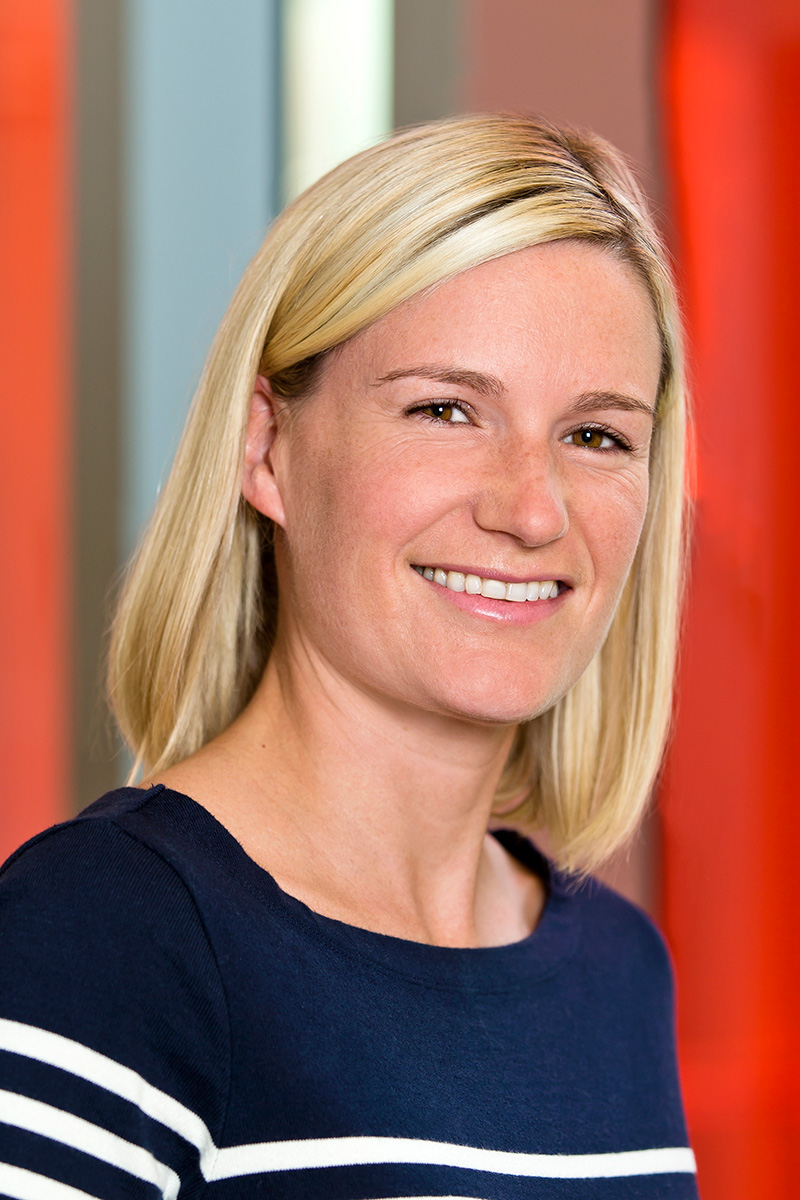
About Suvi Gezari
Dr. Gezari is an Associate Astronomer with tenure, and the Chair of the Science Staff at the Space Telescope Science Institute in Baltimore, MD. She is also a Research Professor in the Department of Physics and Astronomy at Johns Hopkins University. Before arriving at the institute, Dr. Gezari was an Associate Professor of Astronomy with tenure at the University of Maryland and the co-director of the Joint Space Sciences Institute. She was awarded the Kavli Foundation Prize Plenary Lecture at the 235th AAS Meeting in Honolulu, HI in January 2020 for her global leadership in the study of tidal disruption events, received the University of Maryland College CMNS Board of Visitor’s Junior Faculty Award in 2016, was a Scialog Time Domain Astronomy Fellow in 2015, and received an NSF CAREER Award in 2015. Prior to her faculty position she was a Hubble Fellow at Johns Hopkins University. She received her Ph.D. in Astronomy at Columbia University in 2005, and her Bachelor’s of Science degree with honors in Math-Physics at Brown University in 1999.
Dr. Gezari’s research program harnesses the power of time domain observations to study supermassive black holes. Dr. Gezari is a pioneer in observational studies of tidal disruption events (TDEs), luminous outbursts from the nuclei of galaxies that occur when an unlucky star is ripped apart and consumed by a central massive black hole. She has used wide-field time domain surveys to discover TDEs, including GALEX, Pan-STARRS1, iPTF, and ZTF, and soon the Vera C. Rubin Observatory and the Nancy Grace Roman Space Telescope. Dr. Gezari is involved in planning for future NASA missions, and is the Science Team lead for New Views of the Dynamic Universe for the UVEX: Ultraviolet Explorer medium-class mission, scheduled for launch in 2030, and a NASA-selected member of the ULTRASAT ultraviolet time-domain mission scheduled for launch in 2027. Dr. Gezari also uses follow-up observations across the electromagnetic spectrum, especially in the UV and X-rays, and spectroscopic observations of their host galaxies, to classify and characterize TDEs, and use them as probes of accretion physics and massive black hole demographics.
Nick and Maggie DeWolf Public Lecture Series
The Nick and Maggie DeWolf Foundation has sponsored our winter public lecture series since their inception in 1985. The Nick and Maggie DeWolf Foundation is a nonprofit organization based in Aspen, Colorado. Its core tenet is to provide support to groups and organizations interested in improving the quality of life and education in the world. During the winter, Aspen Center for Physics hosts week-long conferences, and during each conference one of the conference participants is asked to give a public physics talk. You can watch past talks on our YouTube channel here.
